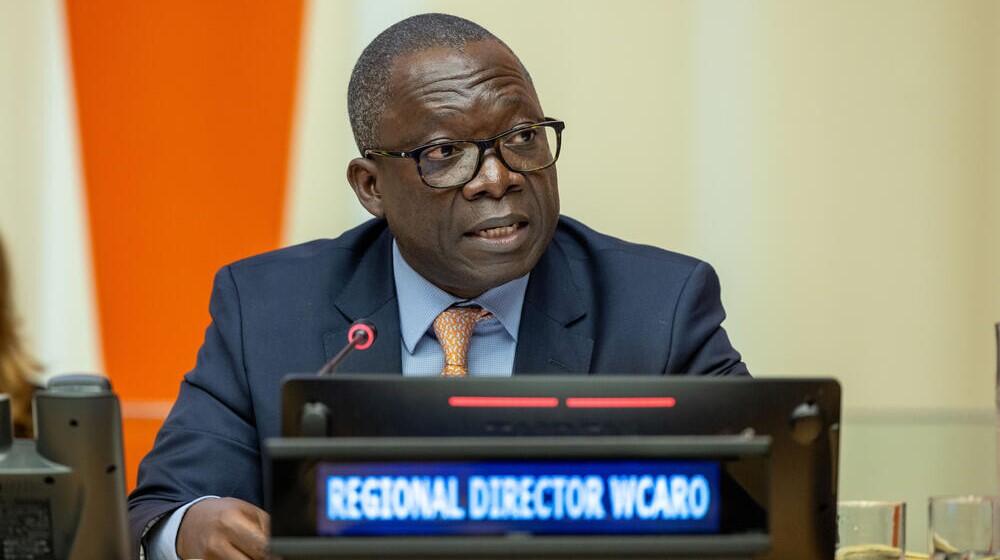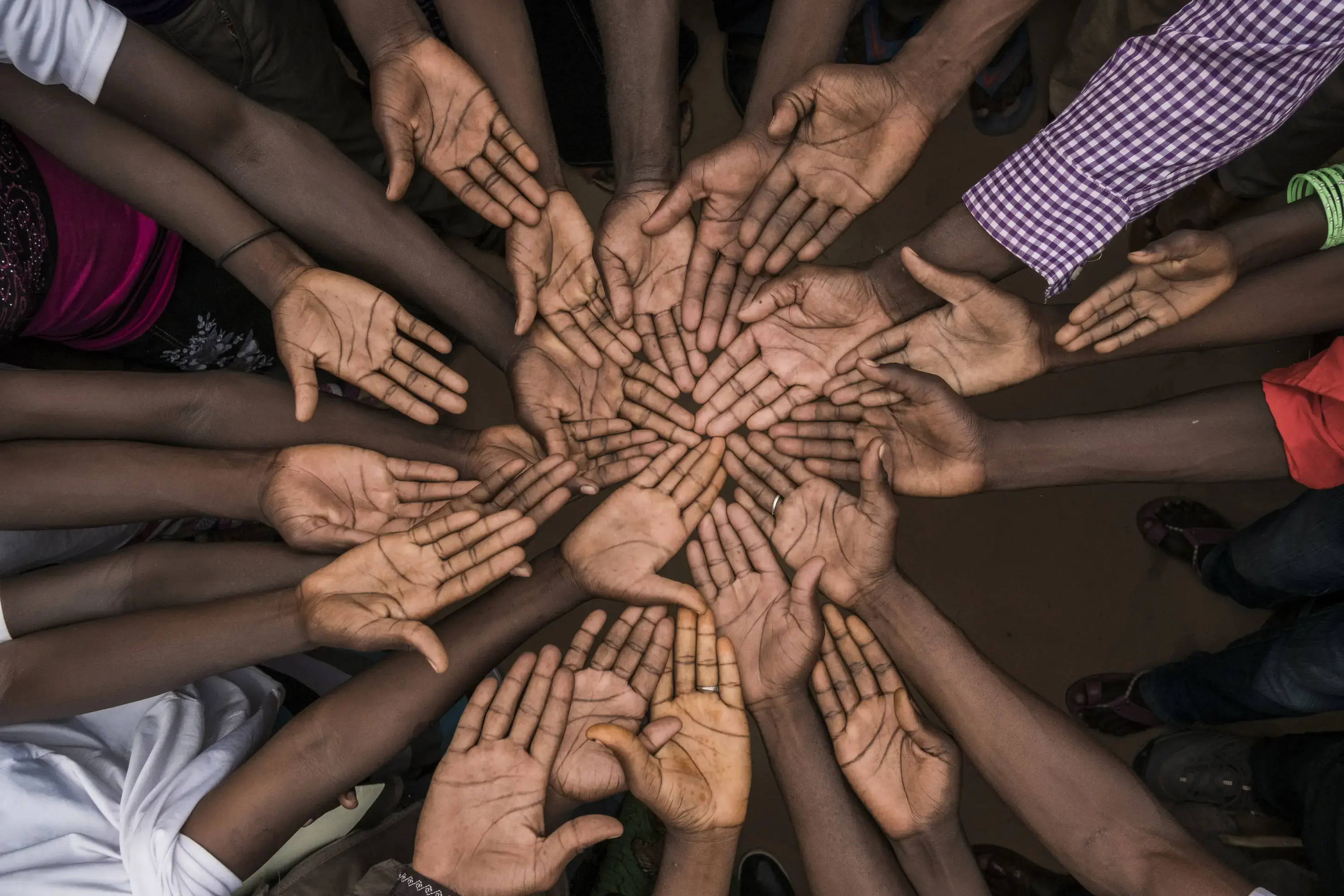Life-changing advancements occurred in West and Central Africa region in the last few decades, particularly in education and health, including sexual and reproductive health. Countries such as Côte d’Ivoire have more than tripled their prevalence of modern contraceptive methods in three decades; Ghana decreased the unmet needs for family planning by 20% among unmarried women in the last decade, Burkina Faso has decreased by 20 percent the prevalence of female genital mutilation (FGM) in a decade; and Benin has introduced a set of reforms including nationwide school feeding programme with a remarkable reduction of girls school drop outs by more than 50% and Sierra Leone has jut banned child marriage, and cut maternal mortality ratio by 74% between 2000 and 2020.
These advancements have an impact on millions of women, girls and young people, their communities and the society at large and they demand to be recognized and celebrated. West and Central Africa, however, continues to experience a multitude of shocks and crises determined by a complex set of drivers.
The security situation has substantially worsened in the Sahel and its effects expand far beyond to the costal countries. The impact of climate change is increasingly visible and it is exacerbating existing vulnerabilities and inequalities. 44 million people require humanitarian assistance in West and Central Africa, of which 13.8 million are forcibly displaced persons, including 8 million internally displaced. Many of them have had to flee multiple times and remain displaced for many years. Women affected by the humanitarian crisis in Ouahigouya in Northen Burkina Faso, in Bouna in Northern Cote d’Ivoire shared with me heartfelt sentiments during my field visits. Their resilience is undoubted but the obstacles to a life where their human rights are fulfilled remain often enormous.
With the support of the Sub-Saharan Women’s Empowerment and Demographic Dividend (SWEDD) program funded by the World Bank conditions are being created to placing the empowerment of women and girls at the forefront of public policy, even within the current political realities.
UNFPA is determined to continue its efforts to increase preparedness and capacity to respond to the multifaceted crises in the Region and to support the resilience of individuals, communities and health systems; while continuing to help Governments, civil society and communities realize the demographic dividend. These complex situations demand a consistent, collective, and concerted response and, importantly, adequate core funding.
We deeply appreciate the Executive Board for its continued collaboration and support.




